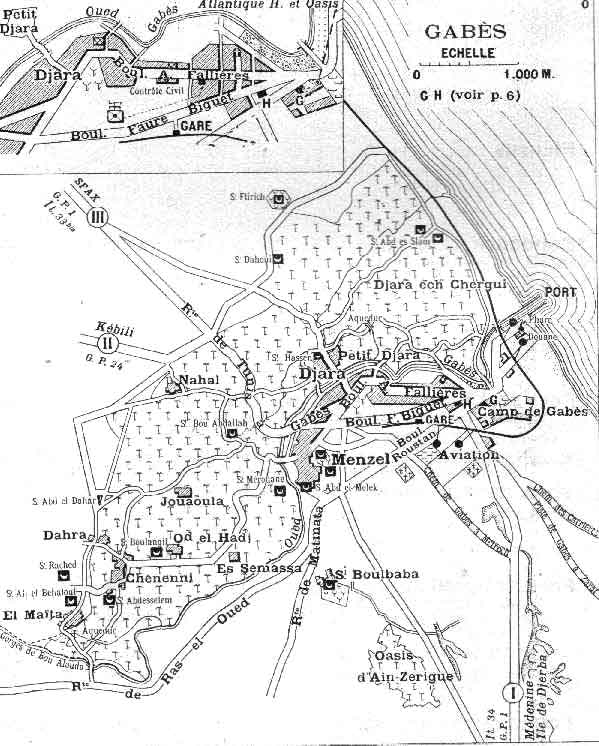|
Souhayr Belhassen
Souhayr Belhassen (born 1943 Gabès, Tunisia) is a Tunisian human rights activist and journalist. She has served as the President of the International Federation for Human Rights (FIDH) based in Paris since April 26, 2007. Belhassen is a vocal critic of former Tunisian President Zine El Abidine Ben Ali, who was ousted during the 2010–2011 Tunisian protests, calling the former government's crackdown on protesters "a massacre." Souhayr Belhassen also participated in the writing of Habib Bourguiba. Biography in two volumes (co-written with Sophie Bessis) a biography of president Habib Bourguiba. She worked as a journalist for about twenty years. From late 1970s, she also worked as à correspondent in Tunisia, for the weekly Jeune Afrique and Reuters News Agency. . She was also very active in the fight for the defense of human rights in her country, by joining in 1984 the Tunisian Human Rights League, founded in 1977. In November 2002 she took over the organisation as vice-pres ... [...More Info...] [...Related Items...] OR: [Wikipedia] [Google] [Baidu] |
Gabès
Gabès (, ; ar, قابس, ), also spelled Cabès, Cabes, Kabes, Gabbs and Gaps, is the capital city of the Gabès Governorate in Tunisia. It is located on the coast of the Gulf of Gabès. With a population of 152,921, Gabès is the 6th largest Tunisian city. Gabes is 327 km away from Tunis and 113 km away from Sfax. History Etymology Takapes, the ancient name of Gabès, is a Numidian ( Berber) toponym. Later, the prefix "Ta" (meaning "to" in Berber) was dropped, and the place became known as Kapes. As in Arabic the sound /p/ is unknown, Kapes became known as Kabes, and later known as Gabès. Roman period Gabès is the ancient ''Tacapae'' or ''Tacape'' (Τακάπη in Ancient greek) or ''Tacapes'' of the Roman province of Tripolitania. Strabo refers to this city as an important entrepot of the Lesser Syrtis. Pliny (18.22) remarks that the waters of a copious fountain at Tacape were divided among the cultivators according to a system where each had the use of the water du ... [...More Info...] [...Related Items...] OR: [Wikipedia] [Google] [Baidu] |
